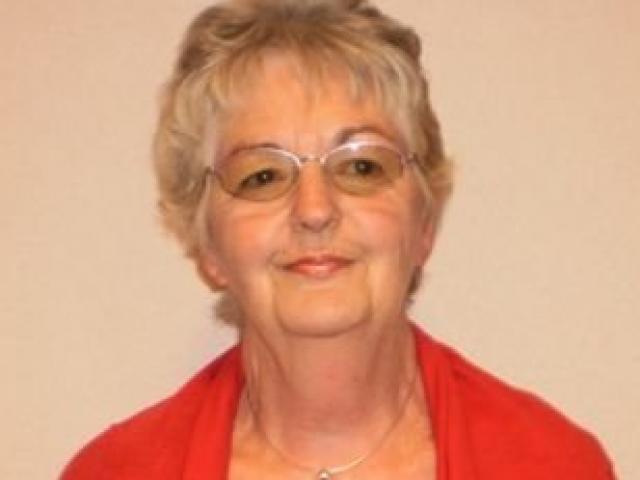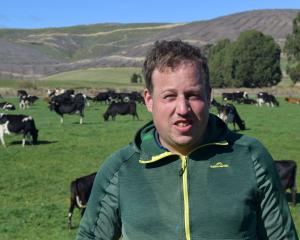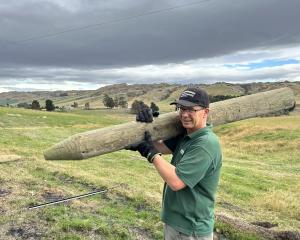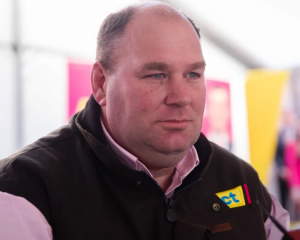
She was delighted to hear the Government announce last week it intended to develop several initiatives to improve the number of doctors, nurses and midwives working in rural communities.
''The big thing is the recognition that the needs of health in rural areas needs to be addressed,'' Mrs Pittaway said.
The announcement was made by MPs Dr David Clark and Damien O'Connor but there was no timeframe mentioned.
They said measures to be developed included changing the training funding mix so a greater proportion of GP training places went to rural trainees, putting greater investment in professional development for rural primary health care nurses and midwives, extending rural inter-professional education programmes and improving the use of technology for professional rural support.
The Ministry of Health would also be working with rural communities and health professionals to look at longer-term solutions.
In addition, they announced a school of rural medicine, which had been discussed, would not now go ahead.
''It was a bit sad we aren't getting a rural school of medicine,'' she said.
An annual survey of urban and rural GPs, carried out by the Royal New Zealand College of GPs in 2016, found that nearly half of rural GPs who responded, said they intended to retire within the next 10 years.
Mrs Pittaway was pleased to see there would be additional funding to help train midwives and rural primary health care nurses.
She said rural hospitals were a vital part of their communities as they not only provided services for a huge area, they also provided employment.
In addition, aged people in rural communities would have a place to go for care, without having to travel long distances or stay away from family.
Sometimes there was a high turnover of staff and locums in rural communities, but Mrs Pittaway said that could be both a positive and a negative.
''It was important a patient could have confidence in the person they were seeing regularly, rather than seeing somebody new who did not know their background or the history.
''However, that could be a two-edged sword as a new person sometimes picked up something that might have missed or glossed over [in the past].''
Mrs Pittaway was pleased to see plans for improved use of technology.
''Beefing up the technology is good.
''However, we still need the infrastructure to get the technology.''
She said the news of the changes was exciting as the same problems had been discussed in front of the ministers when Rural Women New Zealand attended a 'Ruralfest' health day at Parliament about two weeks ago.
''Over the years, the talk had been about rural health issues, now they were talking about the rural health workforce,'' she said.
She said they had developed a document at the event, outlining their concerns about rural health issues, which the ministers wanted to see.













